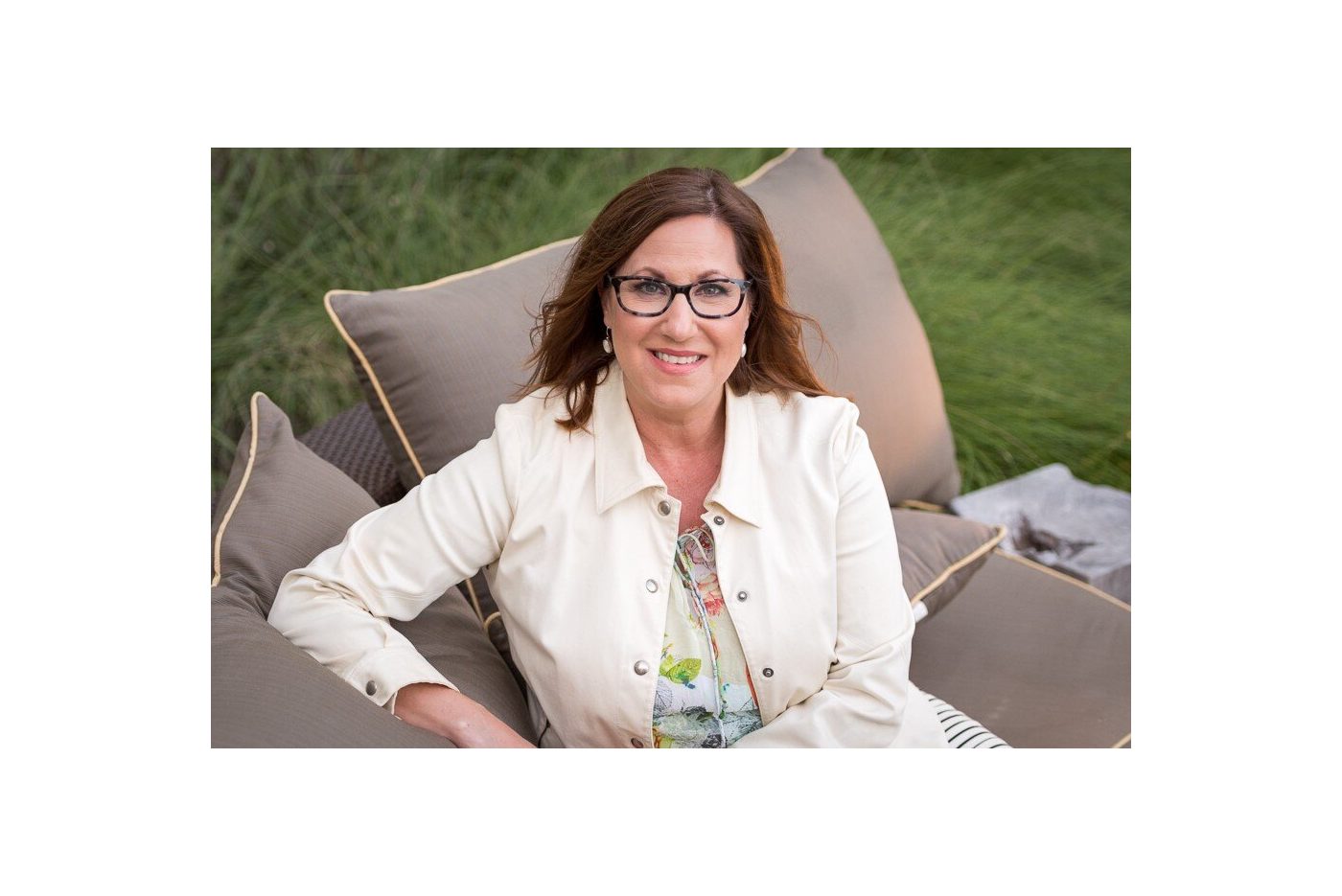Interested in starting your own entrepreneurial journey in personal and business development but unsure what to expect? Then read up on our interview with Dianne Crampton, Founder of TIGERS Success Series Inc., located in Bend, OR, USA.
What's your business, and who are your customers?
The mission of TIGERS(R) Success Series is to improve the world of work for employees everywhere. At TIGERS Success Series, we accomplish this through collaborative work culture transformation through the development of cross-functional teams and employee-centric operations. Our clients are medium to large organizations and consultant colleagues who desire training and licensing to offer the TIGERS 6 Principles(TM) comprehensive system to their clients.

Tell us about yourself
The TIGERS 6 Principles is a calling for me. This means my motives are intrinsic, and I am driven each day to devote my creativity to tools and resources people can use to advance the cause. That said, it wasn't always that way. My first job lasted 3 hours. I was money motivated and accepted a job that paid really well for a college student. I didn't know what my values were, so of course, values were not part of my decision to accept the job. Within 3 hours, I was chased around my desk by the business owner, who wanted to touch my hair and hug me. I quit. Never looked back. Completed college and eventually earned a management job in the financial field.
During a looming recession caused by an oil cartel, I was sent to a conference and, when I returned, discovered a few of my staff had been laid off. Then I was told to "trim more fat" and hand out the pink slips to anyone who was not critical to the three initiatives. I requested to speak with my staff first to learn some of their ideas and was told no. I was to lay them off quickly and without notice. By then, I had identified my personal values. They included trust and justice, which were both impacted by what I was being asked to do. As a result, the first person I downsized was myself. I was unwilling to act in untrustworthy ways for money. I had also been contemplating earning an advanced degree, so the decision was not reckless. It simply advanced my timeline.
When I was accepted into Gonzaga's Leadership Master's Course, I came with a question. The question was, what is required and necessary to develop an ethical, quality-focused, productive, collaborative and successful group of working people? I qualified success to mean that not only were goals being consistently achieved, but employees also had a felt sense of personal satisfaction in achieving them. For my thesis, I studied all the group dynamic research I could find in the fields of business, education, and psychology. Out of this meta-analysis, six repeated themes emerged. Those themes are trust, interdependence, genuineness/authenticity, risk, and success.
The next step was to determine if each principle could be individually assessed in a group performance or whether they were just nice things to have. I developed a survey from the research under the guidance of a psychology professor who helped me set up the collection of data through Gonzaga's computer system so he could asses the data I entered from the surveys I collected. This kept bias neutral and my work arm's length from conclusions.
The first study produced the conclusion that each principle could be assessed individually in group performance, yet there was confusion between genuineness and authenticity. Survey participants confused authenticity with solid things like a document. Genuineness, however, was more acceptable as human behavior. The study was published for Psych review, and although the results were exciting for everyone, the lingering question was whether the results could be repeated.
Four years later, and after another independent study, the results were conclusive. Not only could the survey determine the quality of each principle in the group process, but the six principles were also prescriptive. This meant that soft skill training in leadership communication could be pointed to for improvement with measurable results and ultimately for assessing cost savings and productivity improvements in an organization's bottom line.
That was when I hung out my consulting shingle. In 2010 I began replicating all my operations, so they are repeatable and began licensing colleagues.
What's your biggest accomplishment as a business owner?
Knowing that skill development and organizational improvement impact everything in an employee's life. By employees, I mean the front line, supervisors, middle managers, executives, and boards of directors. It is like tossing a pebble into a still pond. The point of impact improves business. Waves form from this initial impact in concentric circles that flow into an engaged employee's household, friendships, and community and keep going. When a person makes that mental and emotional maturation shift from being individualistic to interdependent, an entirely new level of life emerges for them.
What's one of the hardest things that comes with being a business owner?
Hiring right and getting the right people in the right seats, rowing in the same direction with skills so when your business hits the rapids, your boat doesn't flip.
What are the top tips you'd give to anyone looking to start, run and grow a business today?
- Don't reinvent the wheel unless you have to, as I did. I was able to survive very lean times during my four-year survey validation period by teaching college courses and accepting contracts to help women get off welfare and secure living wages. This was when I was a single parent, and it was tough.
- Trademark your ideas and patent your inventions. As soon as I completed survey validation, I trademarked TIGERS(R) Success Series and copyrighted everything.
- If you are leaving the workforce to start your own business, have at least $10,000 saved. You will need it to build your website, get your legal papers and business identity in order, set up your accounting and record-keeping system, develop your business plan, develop your collateral, get your tech set up, and hire a virtual assistant. I recommend Upwork.com for hiring virtual assistants. They are contract employees, so you can expand as needed.
Where can people find you and your business?
Website: https://corevalues.com/
Facebook: https://www.facebook.com/TeamBuildingSuccess
Twitter: https://twitter.com/diannecrampton
LinkedIn: https://www.linkedin.com/in/diannecrampton/
If you like what you've read here and have your own story as a solo or small business entrepreneur that you'd like to share, then please answer these interview questions. We'd love to feature your journey on these pages.
Turn your craft into recurring revenue with Subkit. Start your subscription offering in minutes and supercharge it with growth levers. Get early access here.



